With temperatures soaring past 40 C across parts of China, sanfu moxibustion — a traditional Chinese medicine treatment aimed at boosting immunity — has picked up steam, prompting experts and authorities to urge careful use of the therapy.
Sanfu moxibustion involves plastering warm herbal pastes onto acupuncture points during the three hottest periods on the lunar calendar as a means to prepare the body for cold seasons and protect against winter illnesses such as colds and coughing.
On Tuesday — the first day of the first period this year — several departments at the Chinese Academy of Chinese Medical Sciences' Guang'anmen Hospital, including its respiratory, pediatrics and rheumatology clinics, began providing the service for registered visitors.
The hospital said that since it launched its appointment system for sanfu moxibustion on June 26, it has processed over 10,000 applications.
Li Guangxi, head of the hospital's respiratory illness department, said during a recent interview that this year's sanfu, which roughly translates to "three periods", will total 40 days, longer than usual.
"People who feel itchiness, heat or pain around skin plastered with the patch should immediately stop receiving the treatment," he said.
Record-breaking heat waves have been registered in a number of northern regions in China in recent weeks, including Beijing, Tianjin and Hebei province.
On Tuesday morning, the National Meteorological Center renewed an orange alert for high temperatures — the middle level of a three-tier system — forecasting that parts of the provinces of Hebei, Henan, Zhejiang, Sichuan and Yunnan will record temperatures exceeding 40 C.
Wang Yi, head of the traditional Chinese medicine department at a community health center in Beijing's Haidian district, said that more than 1,000 people have made appointments with the center to receive the TCM treatment, double the number of the same period last year.
"The increase is likely associated with the rising incidence of respiratory illnesses this year," Wang said during an interview with Beijing Daily, a local newspaper.
"The patch we use is the same as those prescribed at major hospitals, so residents living nearby can obtain convenient and quality services."
The Beijing Administration of Traditional Chinese Medicine said in a notice released in late June that the patch should be restricted for use among people with chronic respiratory diseases and allergic rhinitis, as well as children, the elderly and people who are prone to colds, recurrent coughs and asthma.
"It is strictly prohibited to unreasonably expand the scope of application and target groups in pursuit of economic benefits," it said, adding that medical institutions should guide patients to gain a correct understanding of the therapy.








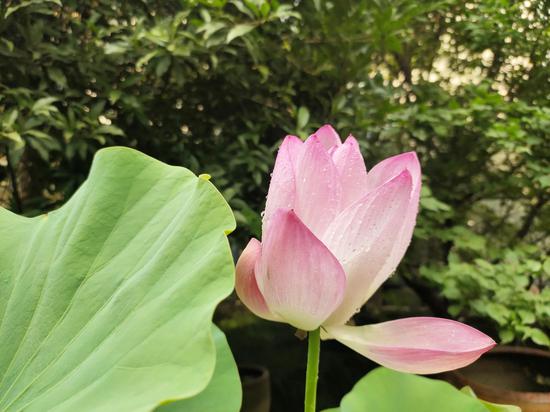



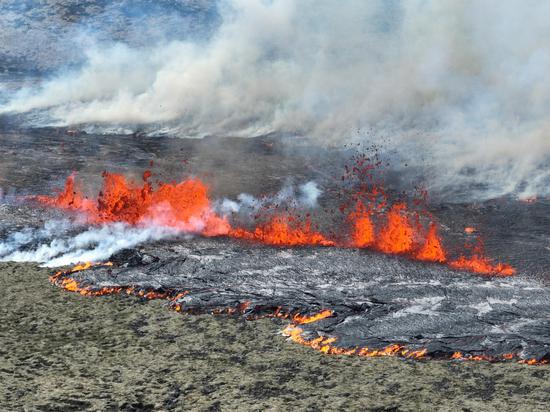


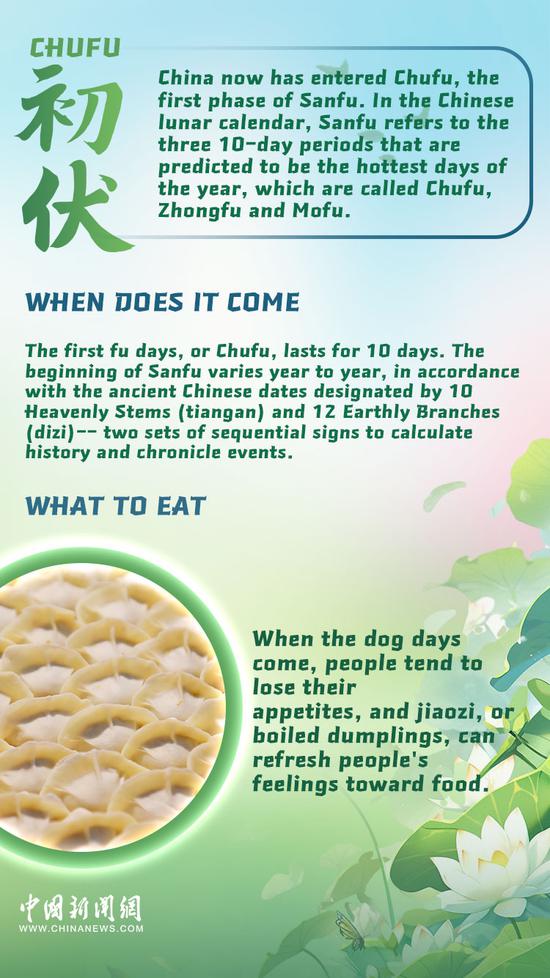

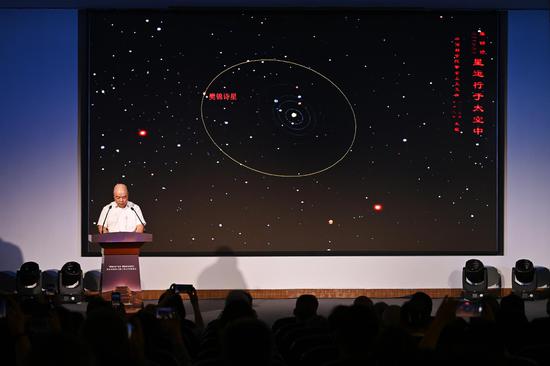
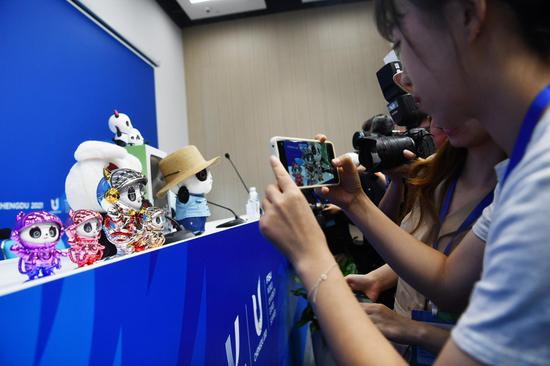





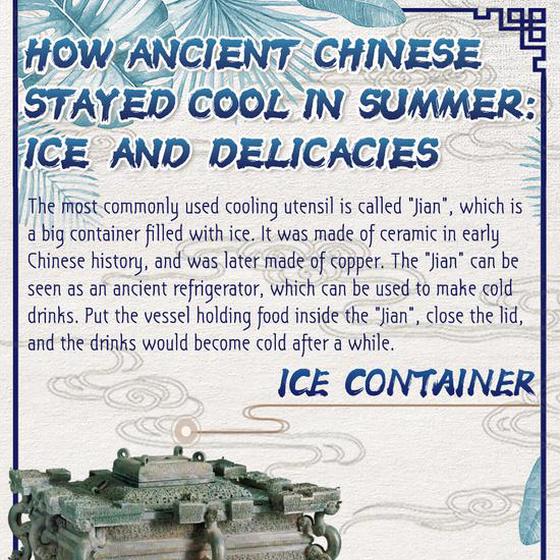
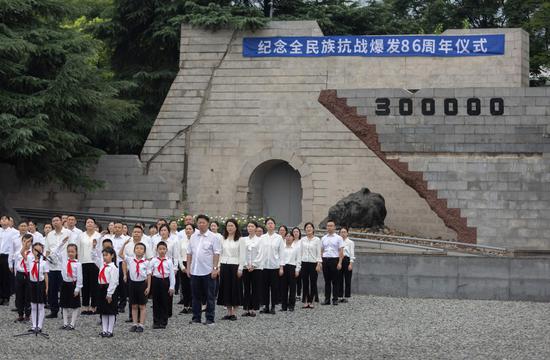
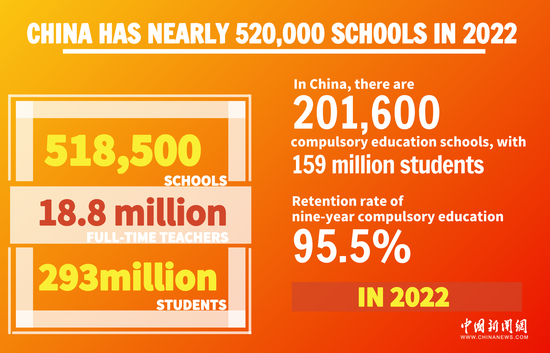


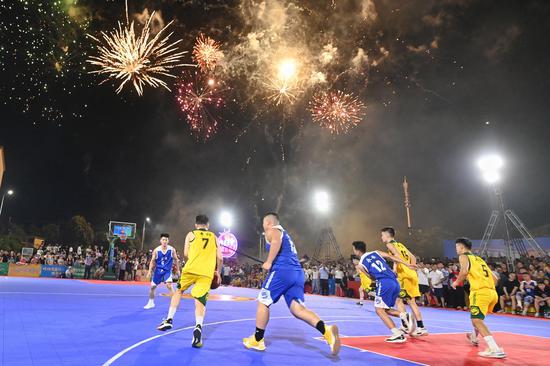

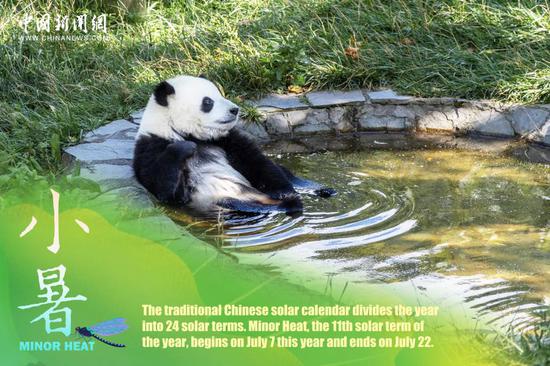


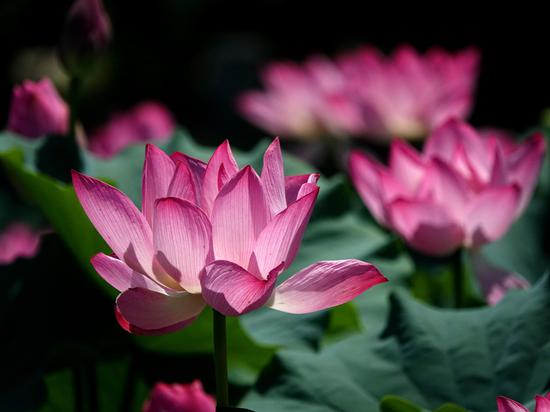



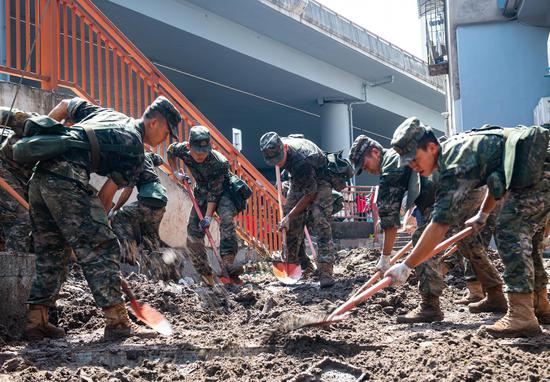
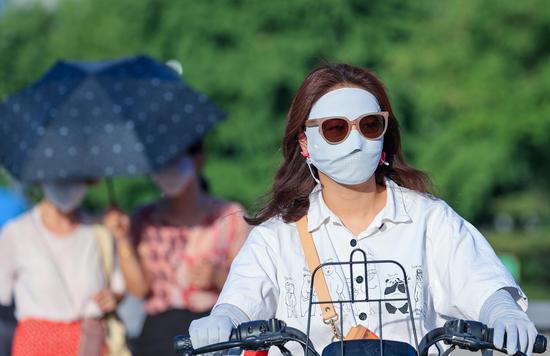

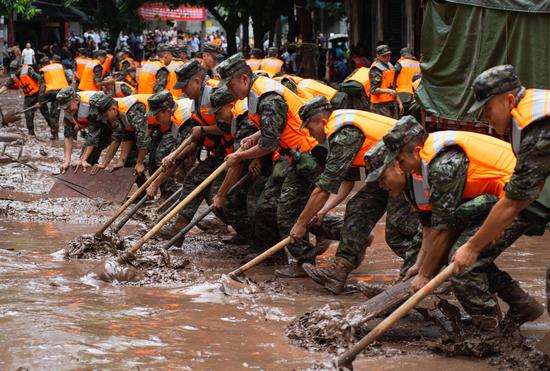








 京公网安备 11010202009201号
京公网安备 11010202009201号